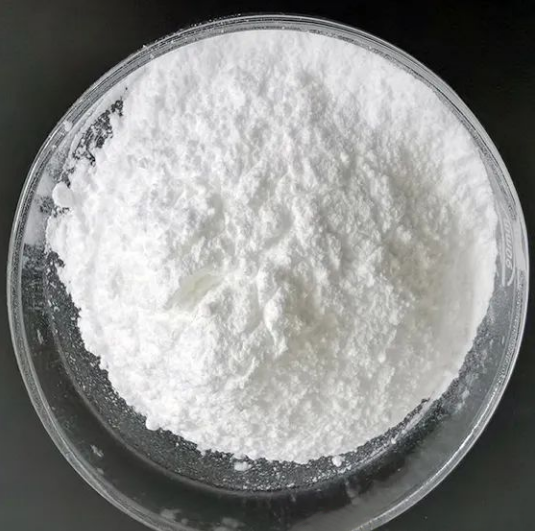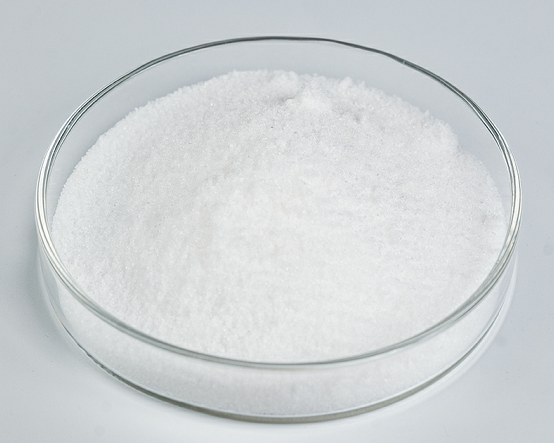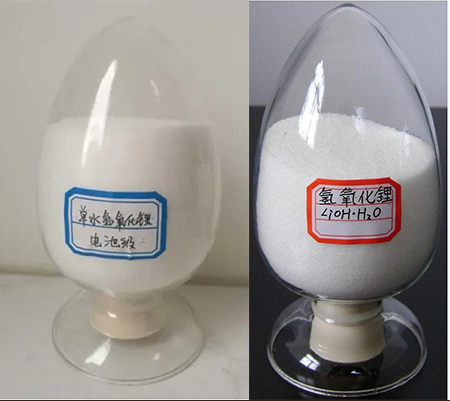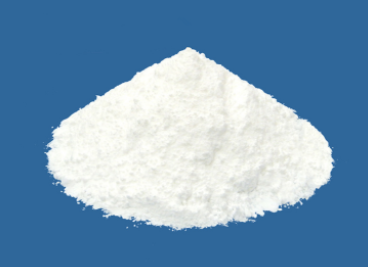Chemical formula difference:
Lithium hydroxide LiOH molecular weight :24
Molecular weight of lithium hydroxide LiOH-H2O :42
So you just multiply the weight of lithium hydroxide in a single water by 24/42=4/7
The lithium hydroxide content of a single water multiplied by four-sevenths is the net lithium hydroxide content.
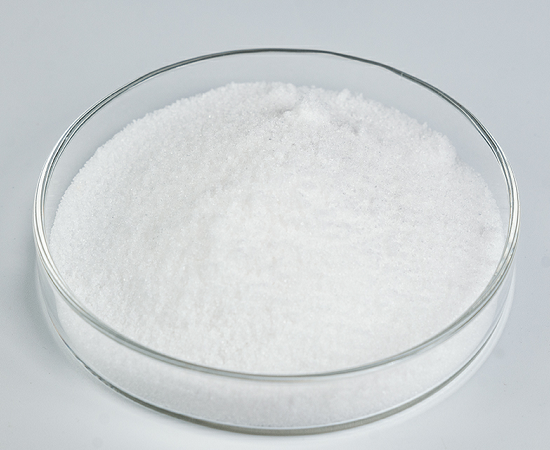
The difference between lithium hydroxide and lithium hydroxide
Introduction
In the field of chemistry, lithium hydroxide (LiOH·H2O) and lithium hydroxide (LiOH) are two common compounds that share many aspects in common, but there are some key differences. In this paper, the properties, applications and differences in practical applications of lithium hydroxide and lithium hydroxide are discussed in detail.
Qualitative distinction
1. Chemical formula and molecular structure
The chemical formula of lithium hydroxide is LiOH·H2O, which is composed of one molecule of water and one molecule of lithium hydroxide. Lithium hydroxide, on the other hand, consists of a molecule of lithium hydroxide with the formula LiOH.
2. Solubility and solubility
Single-water lithium hydroxide has a high solubility in water, which means that it can dissolve more easily in water. Lithium hydroxide is also soluble in water, but its solubility is relatively low.
3. Hydrate properties
Monoaqueous lithium hydroxide is a hydrate, which contains one molecule of crystal water in its molecule. Lithium hydroxide, on the other hand, has no crystal water present.
4.pH value
Since both lithium hydroxide and lithium hydroxide are alkaline substances, their pH values are higher. However, because the aqueous lithium hydroxide solution contains water, its pH value may be slightly higher than that of the lithium hydroxide solution.
Application field
1. Application of single-water lithium hydroxide
Lithium hydroxide is commonly used in the preparation of lithium salts and lithium compounds, especially in the field of battery manufacturing. It is an important raw material in lithium-ion batteries and is used to provide lithium-ion conductor materials. In addition, lithium hydroxide is also used in industrial applications such as coating, glass, ceramics and metal treatment.
2. Application of lithium hydroxide
Lithium hydroxide is widely used in the preparation of lithium salt, grease and biomedicine. It is also a catalyst for many organic synthesis reactions, such as the synthesis of ester compounds or polymers. In addition, lithium hydroxide can also be used in industrial applications such as water treatment, metal surface treatment and glass manufacturing.
Differences in practical applications
1. Differences in physical and chemical properties
Because monoaqueous lithium hydroxide contains crystalline water molecules, its physical properties may be slightly different from lithium hydroxide. For example, there may be differences in solubility, crystal morphology, and activity in certain chemical reactions.
2. Use difference
Although single-water lithium hydroxide and lithium hydroxide have similar uses in some respects, their importance in different industries and applications may vary. Due to the high solubility of monoaqueous lithium hydroxide, it is more commonly used in some fields, such as in the preparation of lithium-ion conductor materials in battery manufacturing.
3. Storage and transportation
Considering that monoaqueous lithium hydroxide contains crystalline water molecules, it may be relatively unstable during storage and transportation. Lithium hydroxide, on the other hand, is relatively stable and can be stored and transported more easily.
4. Price differences
Because the preparation process of mono-water lithium hydroxide involves the removal of crystal water, its production cost may be higher than lithium hydroxide, so the market price of mono-water lithium hydroxide may be relatively high.
To sum up, lithium hydroxide and lithium hydroxide are two compounds that have some differences in chemical properties, application fields and practical applications. Single-water lithium hydroxide contains water crystals and is highly soluble, and is often used in battery manufacturing and industrial applications. Lithium hydroxide is relatively stable and is widely used in the preparation of lithium salts, greases and catalysts. Understanding their differences helps to correctly select and apply them to related industries.
